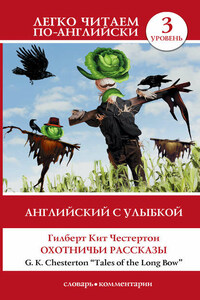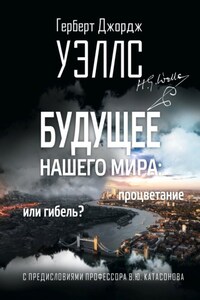Chapter 1
The Eve of the War
No one believed in the last years of the nineteenth century that the intelligences greater than man’s were watching this world keenly and closely. As I scarcely need to remind the reader, the planet Mars revolves about the sun at a distance of 140,000,000 miles. The light and heat it receives from the sun is barely half of that received by this world. It must be older than our world. Life upon its surface began its course long before this earth ceased to be molten. The fact that it is scarcely one seventh of the volume of the earth accelerated its cooling[1] to the temperature at which life began. Mars has air and water and all that is necessary for the support of animated existence.
The exhaustion of solar warmth has become a problem for the inhabitants of Mars. And it has brightened their intellects, enlarged their powers, and hardened their hearts. They were looking across space with tools and intelligences such as we could scarcely dream of. They saw, at its nearest distance only 35,000,000 of miles sunward of them a morning star of hope. It was our own warm planet.
And we men, the creatures who inhabit this earth, were alien and lowly to them. To win that earth is, indeed, their only escape from the destruction that, generation after generation, had been creeping upon them.
The Martians have calculated their descent with amazing subtlety. Their mathematical skills are evidently excellent. If our instruments permitted, we could see the trouble in the nineteenth century. It is odd that for countless centuries Mars has been the star of war. Astronomers watched the red planet, but failed to interpret the fluctuating appearances of the markings[2]. All that time the Martians were preparing for the invasion.
In 1894 they saw a great light on the illuminated part of the disk – first at the Lick Observatory, then by Perrotin of Nice, and then other observers. English readers heard of it first in the issue of “Nature” dated August 2. I think that this blaze was the casting of the huge gun, in the vast pit of their planet.
The storm burst upon us six years ago. As Mars approached the Earth, Lavelle of Java told the scientists about a huge outbreak of incandescent gas upon the planet. It occurred towards midnight of the twelfth. The spectroscope indicated a mass of flaming gas, chiefly hydrogen. The mass was moving towards this earth. This jet of fire became invisible about a quarter past twelve. Lavelle compared it to a colossal puff of flame suddenly and violently squirted out of the planet, “as flaming gases rushed out of a gun.”
Yet the next day there was nothing of this in the papers except a little note in the “Daily Telegraph”. The world did not know about one of the gravest dangers that ever threatened the human race. But I met Ogilvy, the well-known astronomer, at Ottershaw. He was immensely excited at the news. He invited me to watch the red planet.
I remember that vigil very distinctly. The black and silent observatory, the lantern in the corner, the clockwork of the telescope, the little slit in the roof. Ogilvy moved about, invisible but audible. I looked through the telescope and saw a circle of deep blue and the little round planet which was swimming in the field. It seemed such a little thing, so bright and small and still, faintly marked with transverse stripes. It was very little and silvery warm – a pin’s head of light!
The planet grew larger and smaller, but that was simply that my eye was tired. Forty millions of miles it was from us – more than forty millions of miles of void.
Near the planet, I remember, were three faint points of light, three stars, and all around it was the unfathomable darkness of empty space.
And invisible to me because it was so remote and small, came the Thing they were sending us. That Thing was bringing much struggle and calamity and death to the earth.
That night, too, there was another jetting out of gas[3] from the distant planet. I saw it. A reddish flash at the edge, just as the chronometer struck midnight. I told Ogilvy and he took my place. The night was warm and I was thirsty. I went to the little table where the siphon stood, while Ogilvy exclaimed. He saw the streamer of gas that came out towards us.
That night another invisible missile started on its way to the earth from Mars, almost twenty-four hours after the first one. I remember how I sat on the table there in the blackness. I did not suspect the meaning of the gleam. We lit the lantern and walked over to Ogilvy’s house. Down below in the darkness were Ottershaw and Chertsey and all their hundreds of people. They were sleeping in peace.
Ogilvy was full of speculation that night about the condition of Mars. He scoffed at the vulgar idea of their signalling us. His idea was that meteorites were falling in a shower upon the planet, or that a huge volcanic explosion was in progress. He did not believe that life had evolved in the same way on both planets.
















